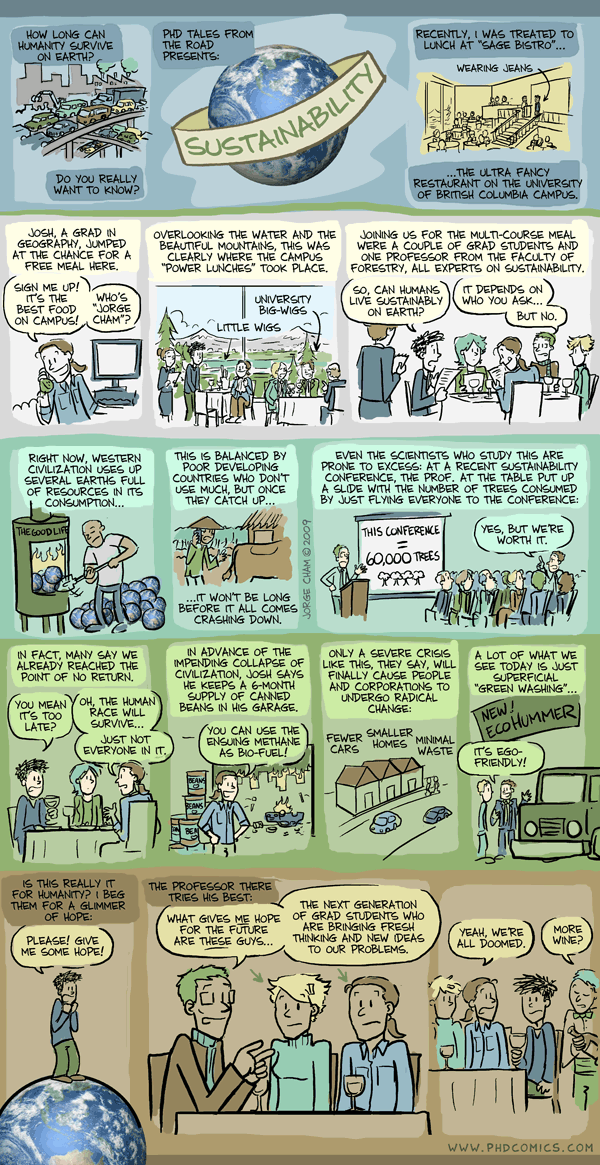Next week there's a small, but ambitious conference in Volda: Games: Design and Research. It's organised by Norwegian game researchers loosely connected, mainly Kristine Jørgensen (conference chair), Ragnhild Tronstad, Faltin Karlsen, Sara Brinch and me, and financed by Volda University College, University of Bergen, and the Norwegian Research Council.
If you are in the neighbourhood, feel free to drop by for a lecture or two. This conference can not accomodate more than the people participating, but the lectures are open.
Thursday, May 27, 2010
Thursday, May 06, 2010
The real, the unreal and the passing of time
In between semester end, student supervision, guest lecturers, seminars, exam preparation, conference papers (oh no I have more mails I need to send out about that), conference organising, moving to another country and changing jobs, I am a tad busy. However, when given a forced pause (sitting in one place, looking awake), I grabbed the chance to read Playing with one’s self: notions of subjectivity and agency in digital games, by Alec Charles in Eludamos.
I have been using Baudrillard to a certain extent in my own work, and have also read with interest Ragnhild Tronstad's very interesting Doctoral thesis Interpretation, Performance, Play, & Seduction: Textual Adventures in Tubmud.
This prepared me for the sense of going back in time I experienced reading this paper. Fifteen years ago I wrote about the pseudo-interactivity in games (in Norwegian, Charles is exused for not citing that). This was the introduction to meeting Espen Aarseth, and the many, many discussions about the real meaning of interactivity, of agency and power that followed through the years I worked with my doctorate.
And this brings me back to Alec Charles' interesting text, because this is an article which could have benefited quite a bit from going back 10 years in the references. It feels amazing to be able to say this, but the discussions of game texts, literature theory and interactivity were quite heated around the change of the milennium, and a central text is the now old, but not yet, obviously, dated: Cybertext by Aarseth.
Another valuable source is (after the last years of telling people "you don't need to cite that #¤¤%& debate all the time," I never thought I'd say this) the infamous and formative ludology vs narratology debate. Much of the discussion in that debate concerns itself with the question of interactivity.
This little stroll down memory lane made me reconsider some of the things that have annoyed me the last years. Time has actually passed, and there is now enough material that it is possible to have a decent literature list for an article and still miss some of the more relevant material. This is all good, so no, I am not goign to start whining about "these young academics who don't do their homework, and everythign was so much better just 15 years ago..." It does however give a perspective to game studies, and the people who once upon a time said:
It feels like 2001 was yesterday.
When I read this and look at the material being produced only 9 years later, it feels like the years must have been very long indeed.
I have been using Baudrillard to a certain extent in my own work, and have also read with interest Ragnhild Tronstad's very interesting Doctoral thesis Interpretation, Performance, Play, & Seduction: Textual Adventures in Tubmud.
This prepared me for the sense of going back in time I experienced reading this paper. Fifteen years ago I wrote about the pseudo-interactivity in games (in Norwegian, Charles is exused for not citing that). This was the introduction to meeting Espen Aarseth, and the many, many discussions about the real meaning of interactivity, of agency and power that followed through the years I worked with my doctorate.
And this brings me back to Alec Charles' interesting text, because this is an article which could have benefited quite a bit from going back 10 years in the references. It feels amazing to be able to say this, but the discussions of game texts, literature theory and interactivity were quite heated around the change of the milennium, and a central text is the now old, but not yet, obviously, dated: Cybertext by Aarseth.
Another valuable source is (after the last years of telling people "you don't need to cite that #¤¤%& debate all the time," I never thought I'd say this) the infamous and formative ludology vs narratology debate. Much of the discussion in that debate concerns itself with the question of interactivity.
This little stroll down memory lane made me reconsider some of the things that have annoyed me the last years. Time has actually passed, and there is now enough material that it is possible to have a decent literature list for an article and still miss some of the more relevant material. This is all good, so no, I am not goign to start whining about "these young academics who don't do their homework, and everythign was so much better just 15 years ago..." It does however give a perspective to game studies, and the people who once upon a time said:
2001 can be seen as the Year One of Computer Game Studies as an emerging, viable, international, academic field. This year has seen the first international scholarly conference on computer games, in Copenhagen in March, and several others will follow. 01-02 may also be the academic year when regular graduate programs in computer game studies are offered for the first time in universities. And it might be the first time scholars and academics take computer games seriously, as a cultural field whose value is hard to overestimate.
It feels like 2001 was yesterday.
When I read this and look at the material being produced only 9 years later, it feels like the years must have been very long indeed.
Labels:
gamestudies,
gamewriting,
journals,
ludology,
narratology
Subscribe to:
Comments (Atom)




